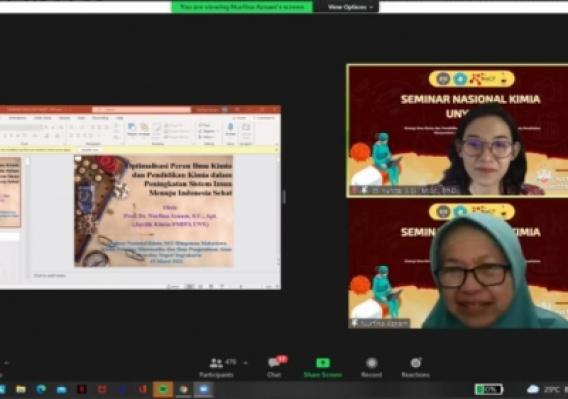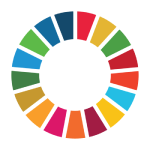Improving the Quality of Public Health to Realize a Healthy Indonesia

The concept of healthy living is still relevant to this day. A holistic health condition is a physically fit condition and a spiritual and social condition in society. We need harmony in maintaining a healthy body where four main factors affect the health status of the community. These four factors are determinant factors for the emergence of health problems. The four factors consist of behavioral or lifestyle factors, environmental factors (social, economic, political, cultural), health service factors (type of coverage and quality), and genetic factors. These four factors interact with each other, affecting individual health and public health status.
The degree of health is determined by 40% environmental factors, 30% behavioral factors, 20% health care factors, and 10% genetic factors (heredity). In other words, environmental factors, which in this case, such as maintaining good environmental hygiene and sanitation, are the highest determining factors in improving people's health status.
Ironically, many people do treatment in health facilities but do not pay attention to environmental hygiene. Prof. Ririh Yudhastuti conveyed this in an online national chemical seminar attended by around 450 participants on Saturday (19/3).
Our perspective on health is also changing. In the past, the sick paradigm, namely health, was only seen as an effort to cure sick people, but now the concept used is the healthy paradigm. Health efforts are seen as an action to maintain and improve the health status of individuals or communities.
"The change in the community's paradigm of health will also change the actors in achieving public health, without compromising the role of the government and health workers," said Ririh Yudhastuti. Paradigm changes can make the community the leading actor in achieving health status. By changing the sick paradigm to a healthy paradigm, people can become independent in pursuing and carrying out their health efforts, following the vision of a healthy Indonesia, namely "A Healthy Society that is Independent and Just".
The professor from the Faculty of Public Health, Universitas Airlangga explained that community empowerment is an essential element that cannot be ignored in achieving health independence. Health empowerment in the health sector is the main target of health promotion. Community is one of the global strategies for health promotion empowerment (empowerment), so community empowerment is essential so that the community as the primary target has the will and ability to maintain and improve health. The concept of Community Empowerment in the context of health is to empower the community as an effort or process to raise awareness, willingness, and ability to recognize, overcome, maintain, protect and improve their welfare. Community empowerment in the health sector is an effort or process to raise awareness of the willingness and ability to maintain and improve health.
The next speaker, Prof. Nurfina Aznam explained that the Covid-19 pandemic puts forward a new lifestyle: paying attention to cleanliness, maintaining distance, using masks, frequently washing hands with soap, and using hand sanitizer, not in closed rooms and limiting crowds. In addition, what is needed is to increase self-immunity by consuming nutritious foods that come from ingredients with bioactive compounds that have anti-virus activity and function as immunomodulators/immune boosters and contain vitamins and minerals needed by the body. The staple foods include brown rice, black rice, sorghum, sweet potato, nuts, vegetables, fruit, and animal products such as milk and its derivatives, eggs, and honey.
“In addition, food and beverage products derived from herbs are beneficial as immunomodulators. The increased immune system makes it less easy to contract a disease, and if you are sick, it will make it easier for you to recover,” said Nurfina Aznam.
The professor from the Department of Chemistry Education, Faculty of Mathematics and Natural Sciences, UNY, revealed that many medicinal plants native to Indonesia can function as anti-virus or immunomodulators, such as ginger, turmeric or secang. The results of a recent study showed that secang contains an active compound, namely brazilin, and other components such as flavonoids, curcumin, and galangin, which provide the potential to prevent infection and viral replication. Secang wood which contains the active compound brazilin, in the form of sappan wood extract, has good potential as an antiviral candidate or inhibitor of the development of COVID-19. Brazilin compounds with low energy will interact strongly with viral protein targets to interfere and inhibit the viral replication process. Other researchers have found that secang extract effectively inhibits the replication of Porcine reproductive and respiratory syndrome virus (PRRSV) in MARC-145 cells that have been tested in vitro in livestock.(Dedy, Tj. Lak)






